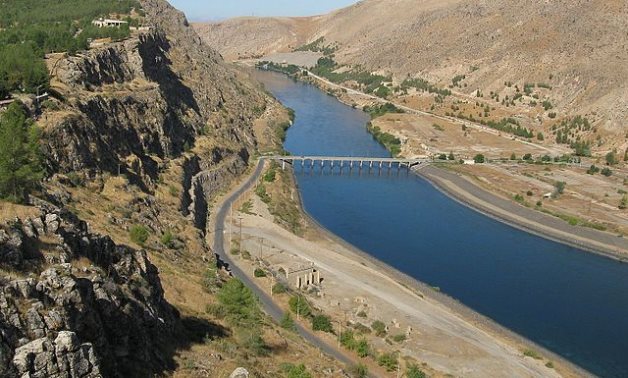

The semi-autonomous Kurdish administration that runs northeast Syria and parts of Deir Ezzor has recorded 16 deaths and 78 cases in areas under its control, including 43 cases in western Deir Ezzor, health official Juan Mustafa told reporters Wednesday. The Syrian government has announced 23 deaths and more than 250 cholera cases across six of the country's 14 provinces since the start of the outbreak in September, with most cases concentrated in the northern province of Aleppo. The disease is making its first major comeback since 2009 in Syria, where nearly two-thirds of water treatment plants, half of pumping stations and one-third of water towers have been damaged by more than a decade of war, according to the United Nations. "The waters of the Euphrates are polluted but we have no other choice."Ĭholera is generally contracted from contaminated food or water and spreads in residential areas that lack proper sewerage networks or mains drinking water.


because we drink directly from the Euphrates River," the 45-year-old told AFP from the hospital, barely able to speak. "We have suffered from diarrhoea, vomiting and pain. During his six days in treatment, Mohammad has watched patients stream into the Al-Kasrah hospital in the eastern province of Deir Ezzor, where the highly-polluted Euphrates River is a major source of contaminated water used for both drinking and irrigation.


 0 kommentar(er)
0 kommentar(er)
